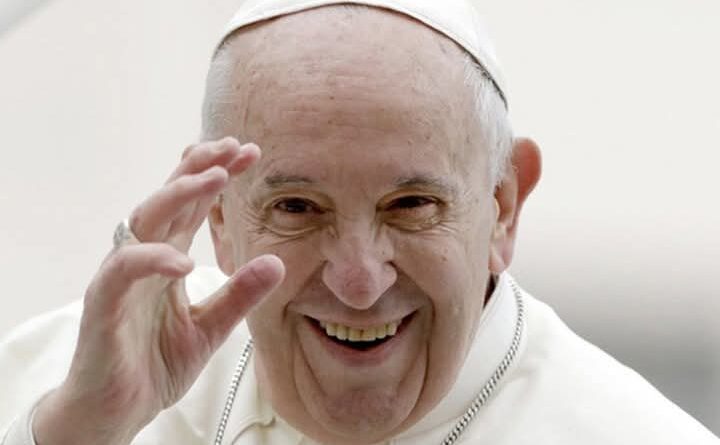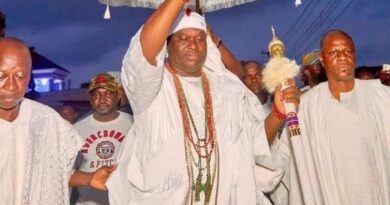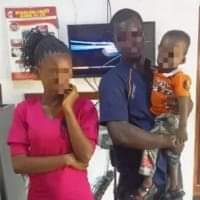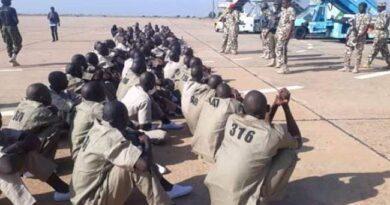Francis , the 266 Cattholic Church Pope dies of stroke & irreversible heart failure at age 88 on Easter Monday
Pope Francis, history’s first Latin American pontiff who charmed the world with his humble style and concern for the poor but alienated conservatives with critiques of capitalism and climate change, died Monday. He was 88.
Bells tolled in church towers across Rome after the announcement, which was read out by Cardinal Kevin Ferrell, the Vatican camerlengo, from the chapel of the Domus Santa Marta, where Francis lived.
“At 7:35 this morning, the Bishop of Rome, Francis, returned to the home of the Father. His entire life was dedicated to the service of the Lord and of his Church,″ Ferrell said.
Francis, who suffered from chronic lung disease and had part of one lung removed as a young man, was admitted to Gemelli hospital on Feb. 14, 2025, for a respiratory crisis that developed into double pneumonia. He spent 38 days there, the longest hospitalization of his 12-year papacy.
But he emerged on Easter Sunday — his last public appearance, a day before his death — to bless thousands of people in St. Peter’s Square and treat them to a surprise popemobile romp through the piazza, drawing wild cheers and applause. Beforehand, he met briefly with U.S. Vice President JD Vance.
Francis performed the blessing from the same loggia where he was introduced to the world on March 13, 2013 as the 266th pope.
From his first greeting that night — a remarkably normal “Buonasera” (“Good evening”) — to his embrace of refugees and the downtrodden, Francis signaled a very different tone for the papacy, stressing humility over hubris for a Catholic Church beset by scandal and accusations of indifference.
After that rainy night, the Argentine-born Jorge Mario Bergoglio brought a breath of fresh air into a 2,000-year-old institution that had seen its influence wane during the troubled tenure of Pope Benedict XVI, whose surprise resignation led to Francis’ election.
But Francis soon invited troubles of his own, and conservatives grew increasingly upset with his progressive bent, outreach to LGBTQ+ Catholics and crackdown on traditionalists. His greatest test came in 2018 when he botched a notorious case of clergy sexual abuse in Chile, and the scandal that festered under his predecessors erupted anew on his watch.
And then Francis, the crowd-loving, globe-trotting pope of the peripheries, navigated the unprecedented reality of leading a universal religion through the coronavirus pandemic from a locked-down Vatican City.
He implored the world to use COVID-19 as an opportunity to rethink the economic and political framework that he said had turned rich against poor.
“We have realized that we are on the same boat, all of us fragile and disoriented,” Francis told an empty St. Peter’s Square in March 2020. But he also stressed the pandemic showed the need for “all of us to row together, each of us in need of comforting the other.”





